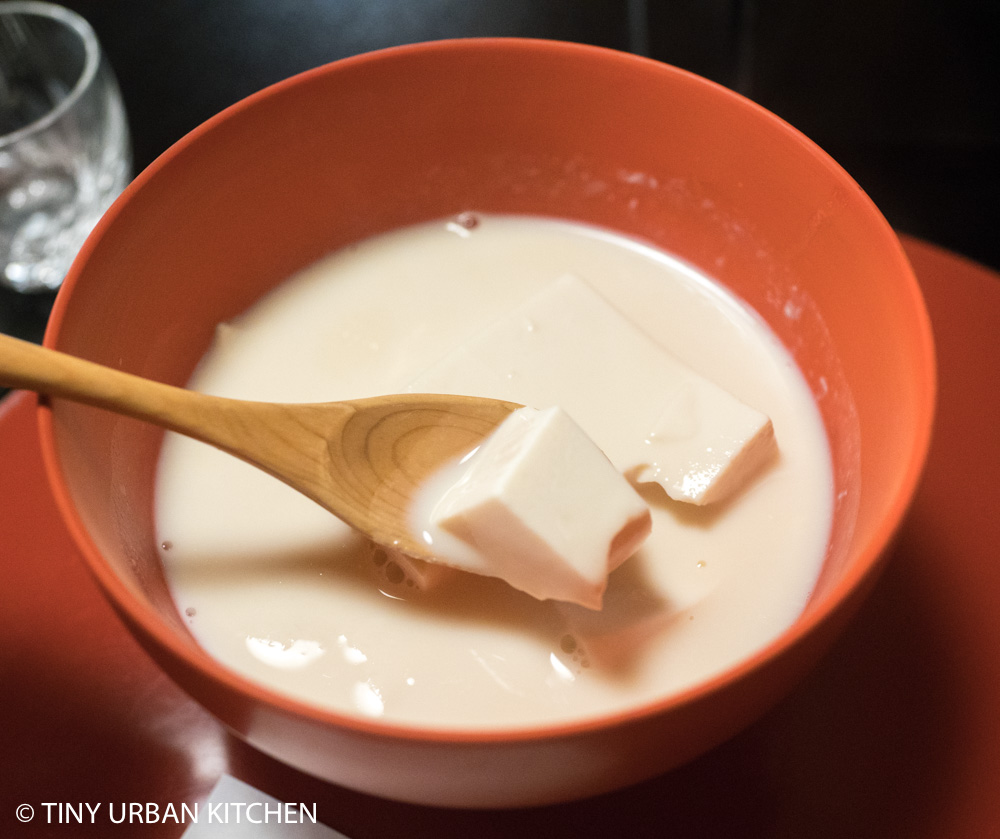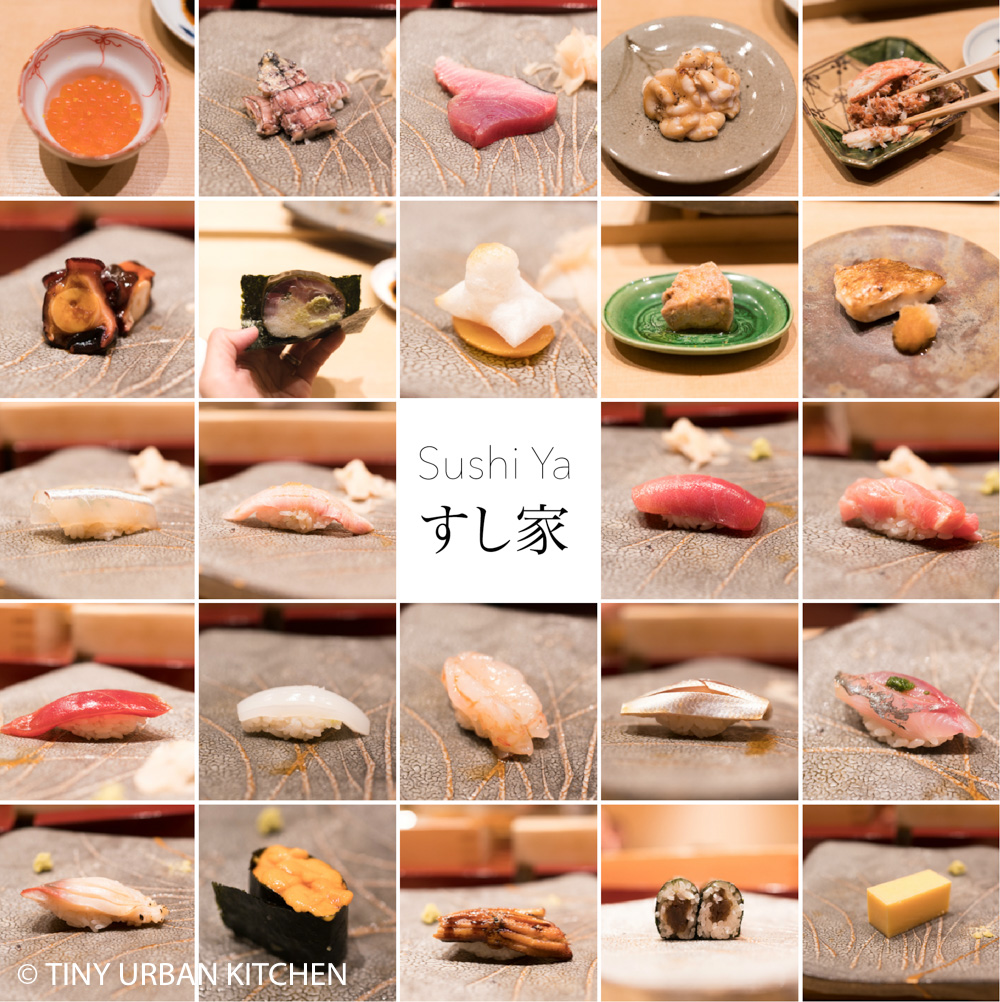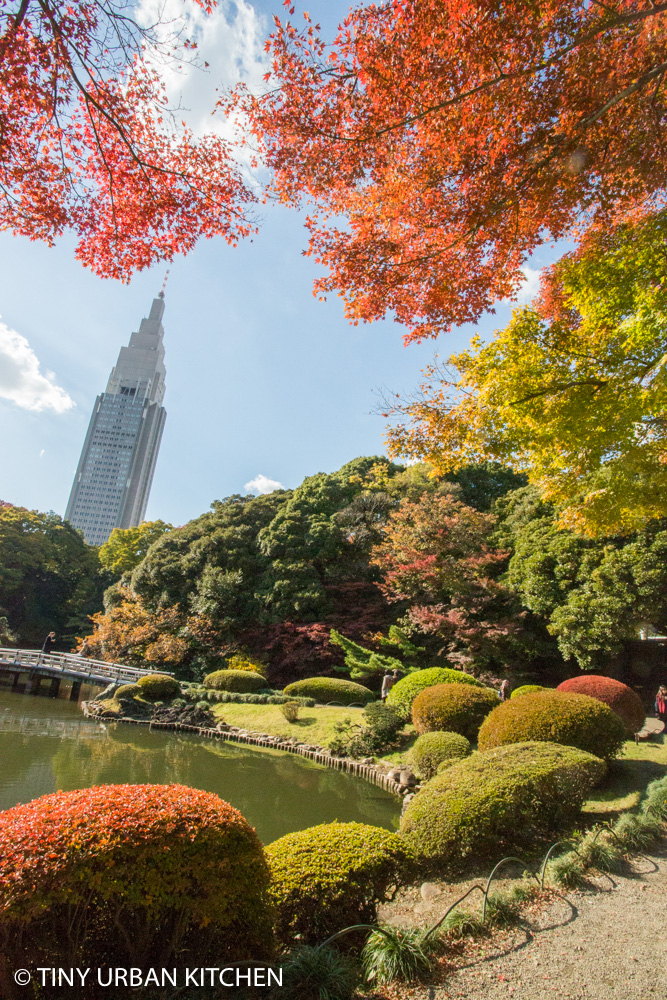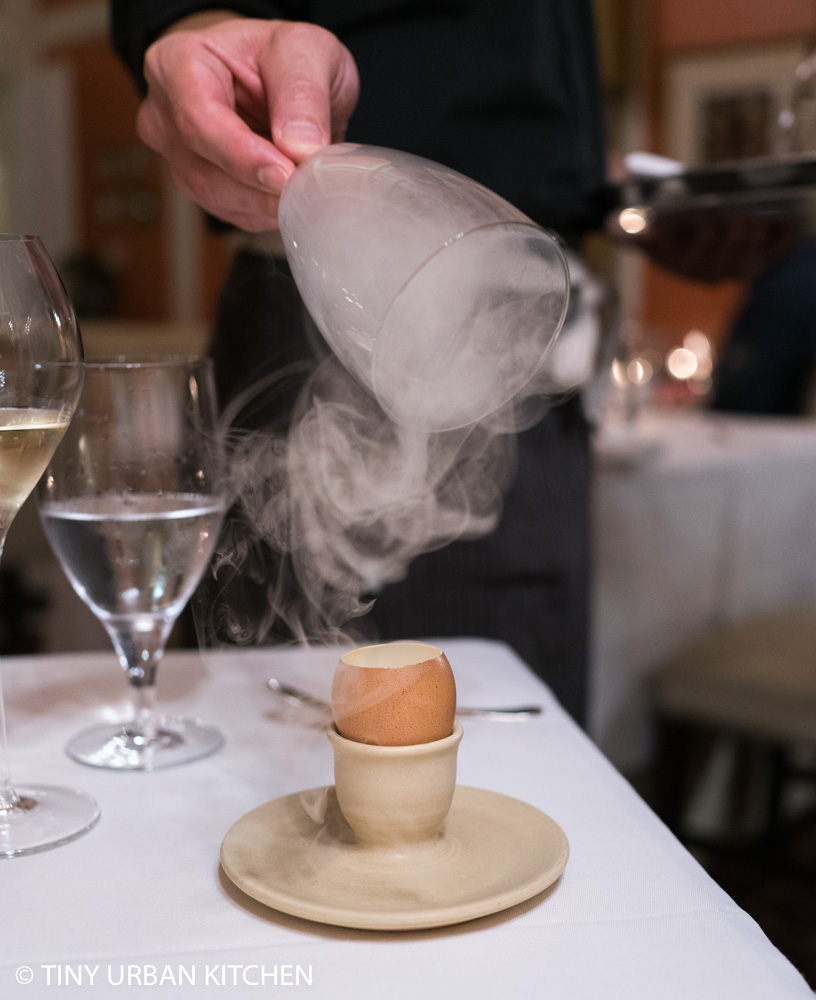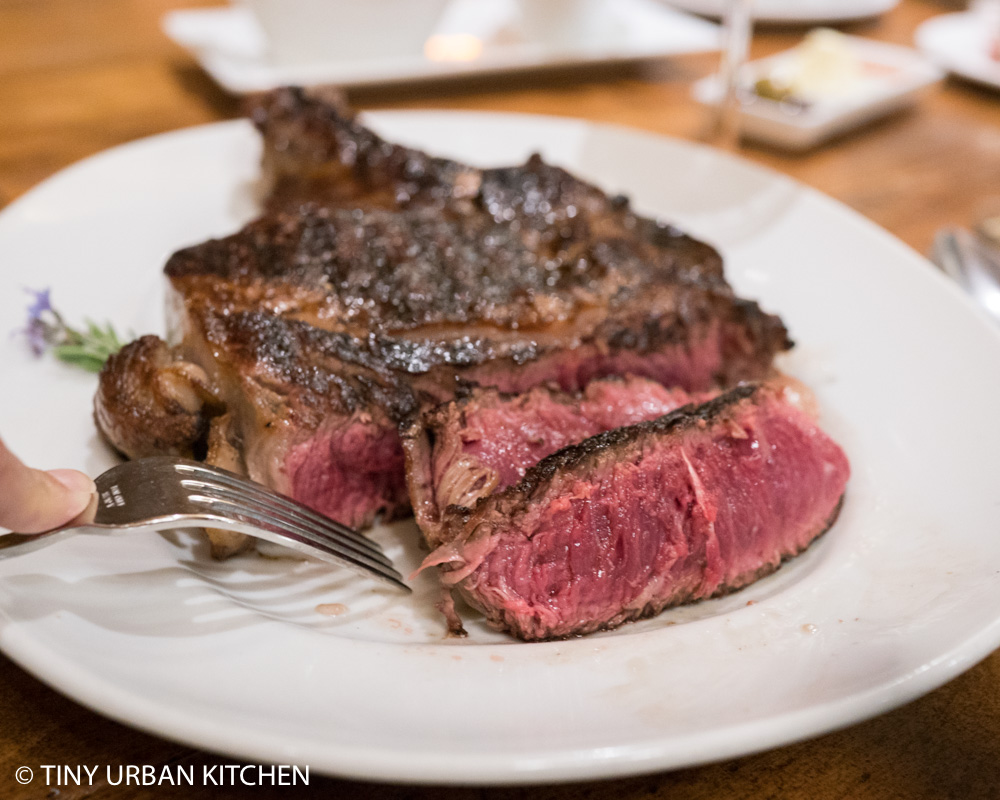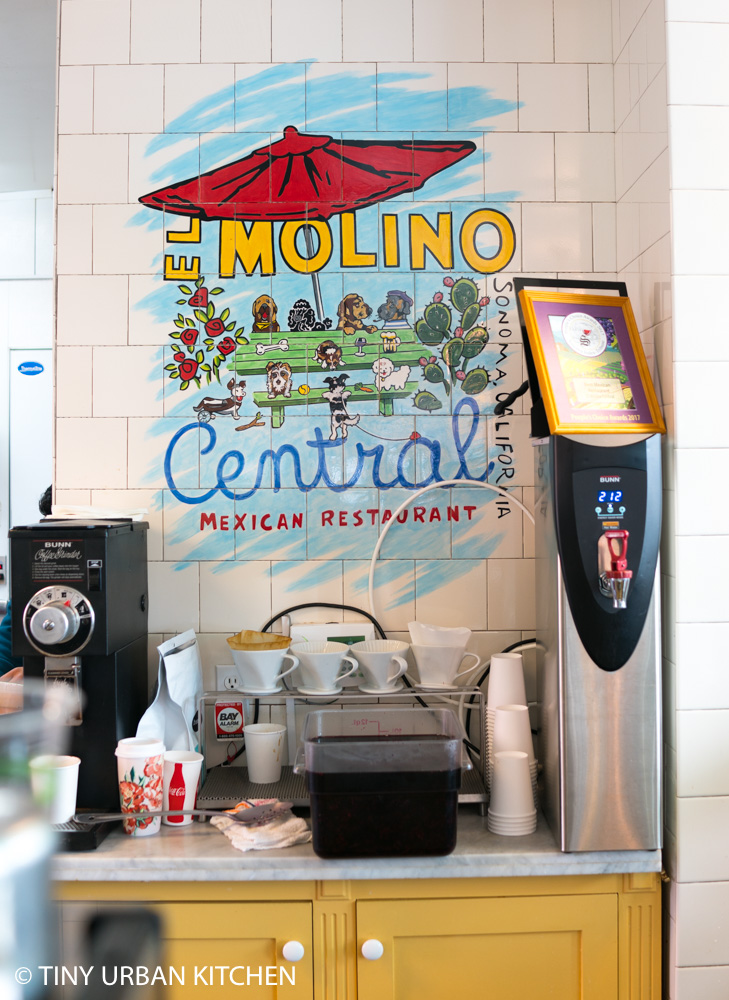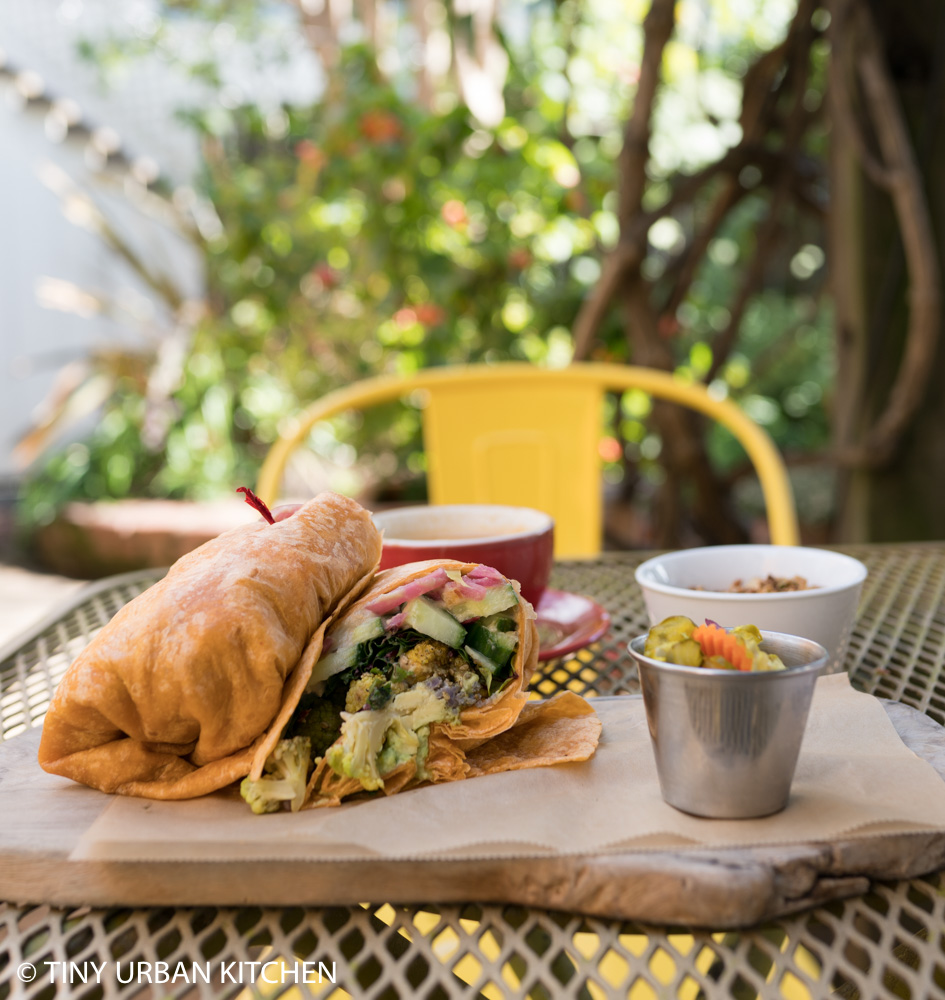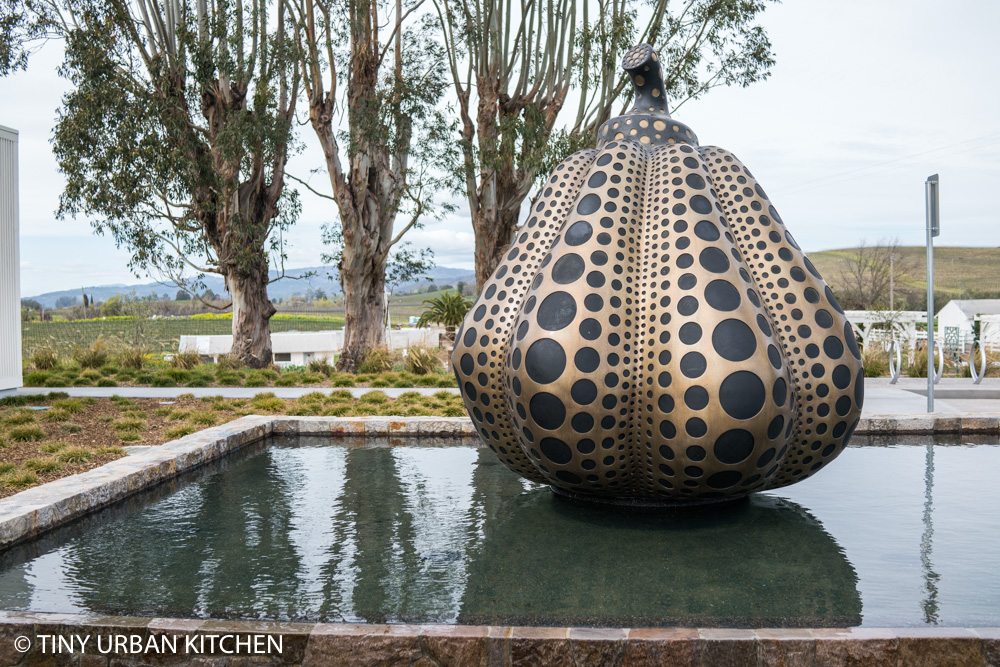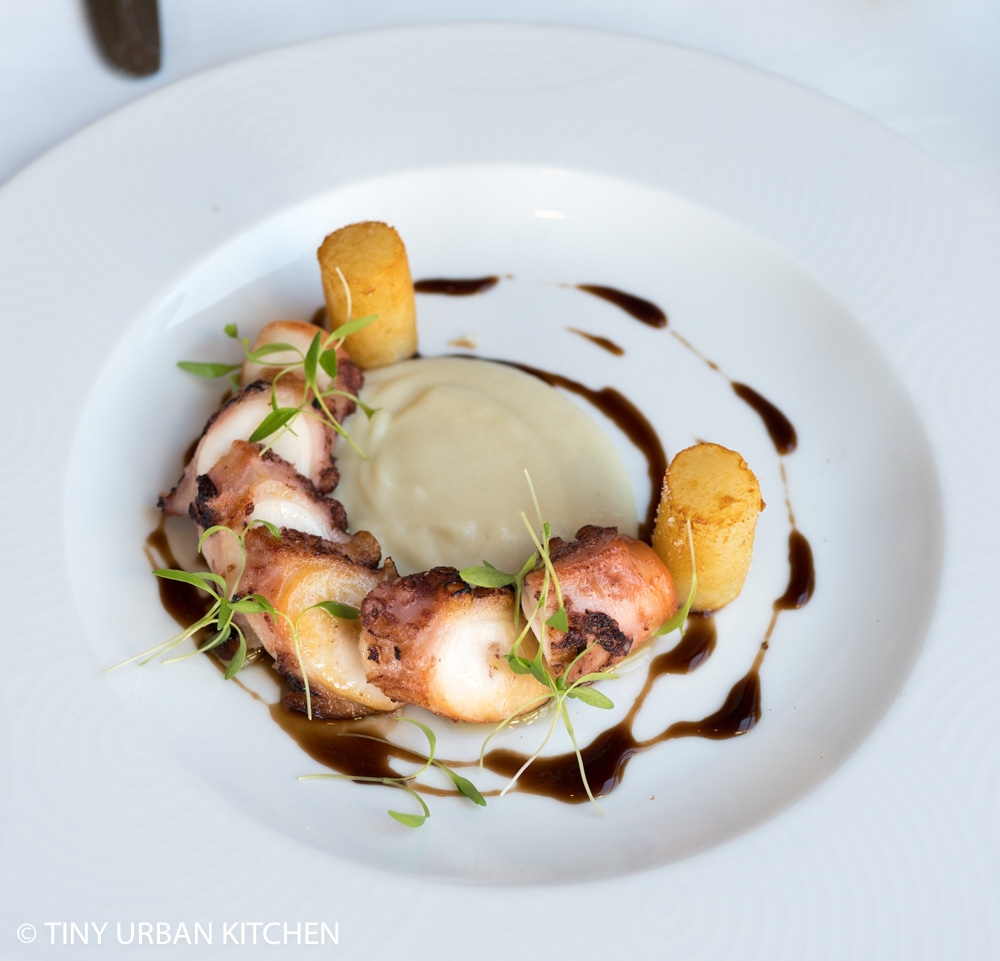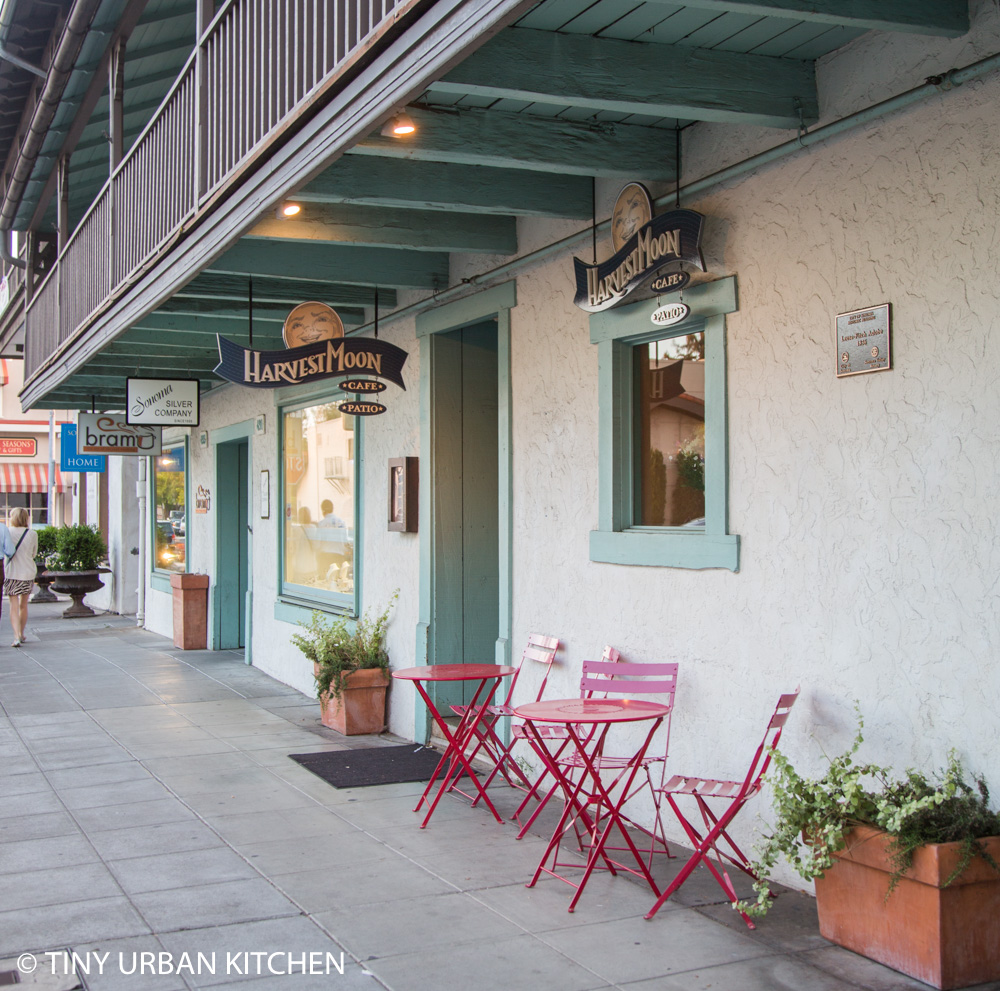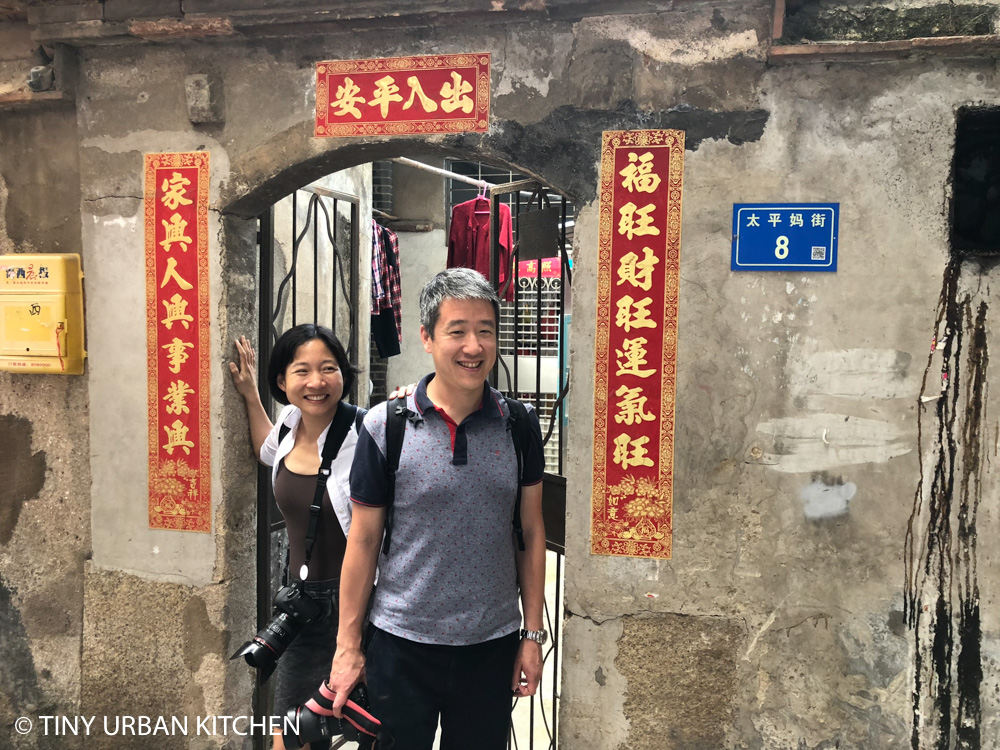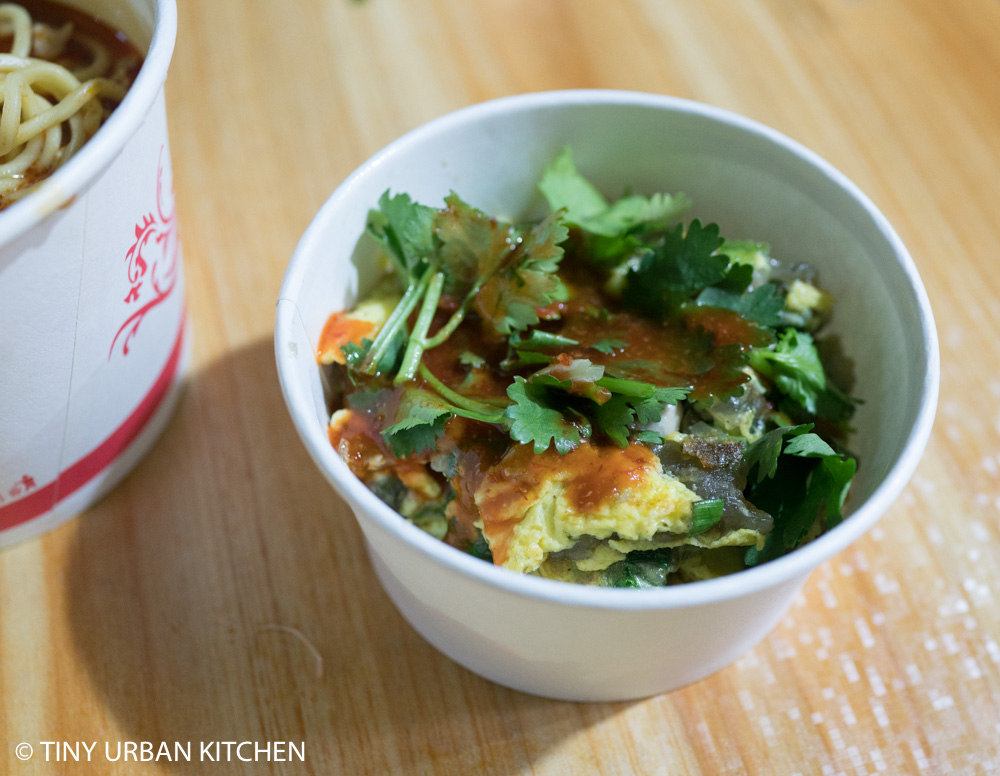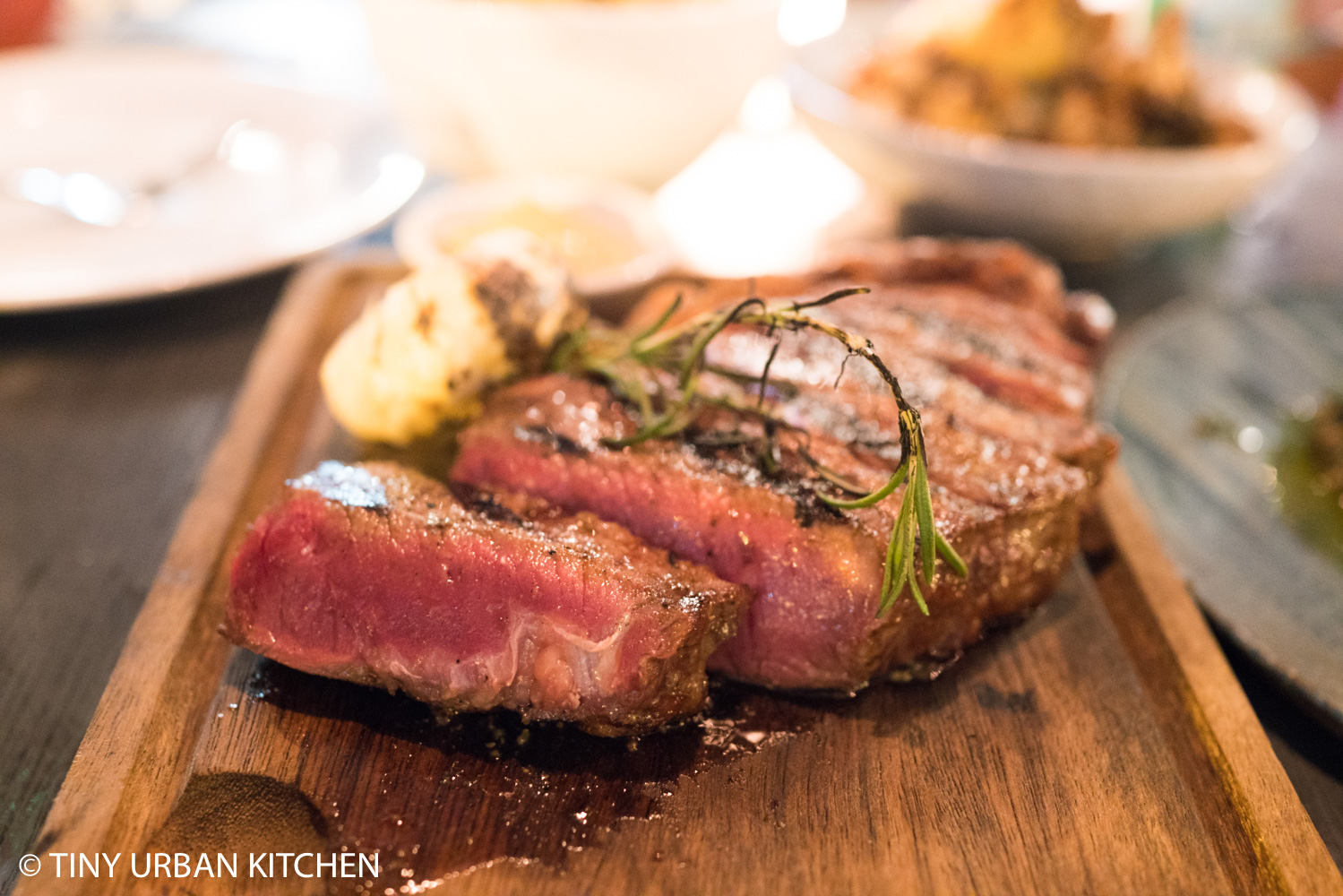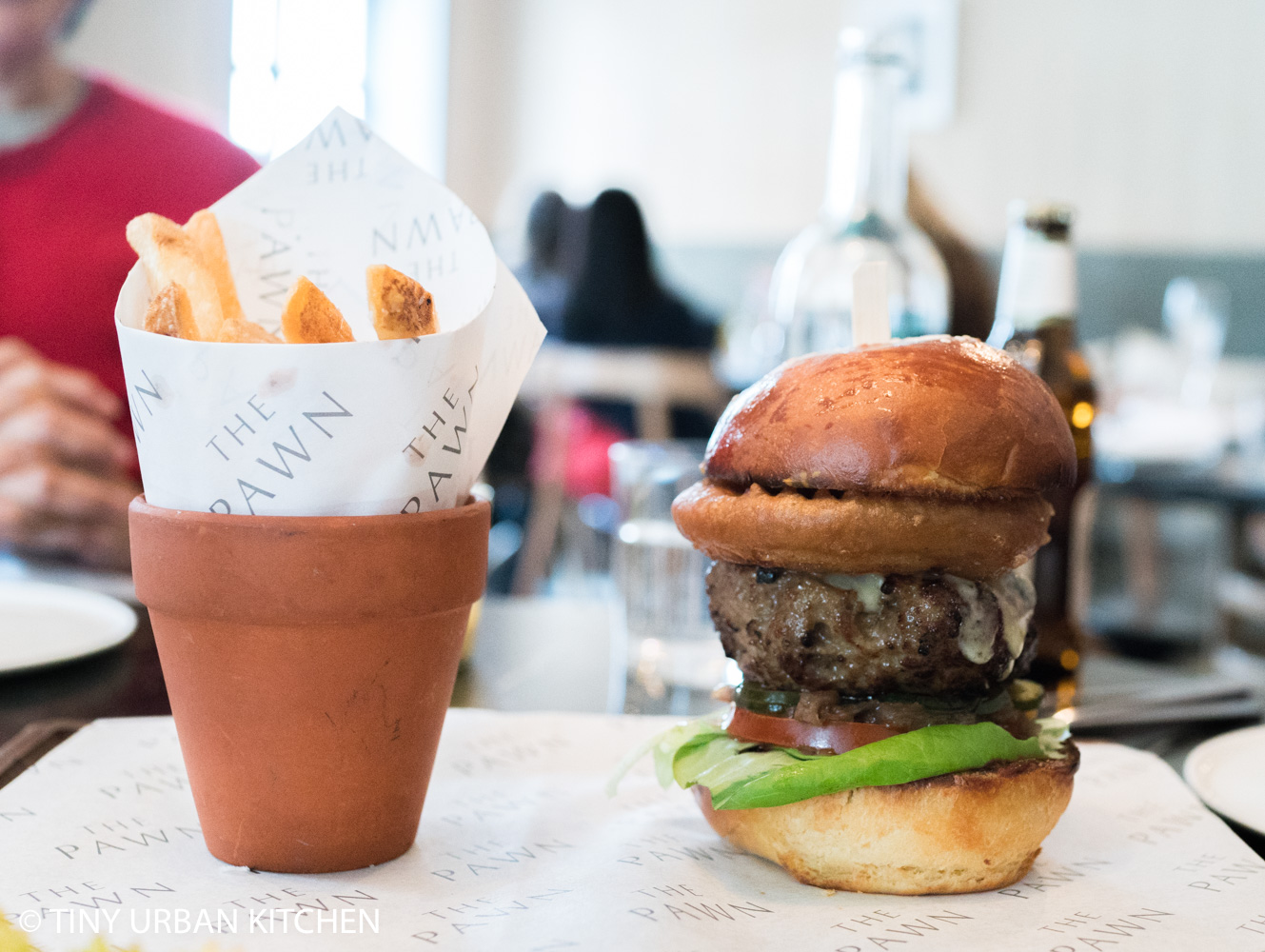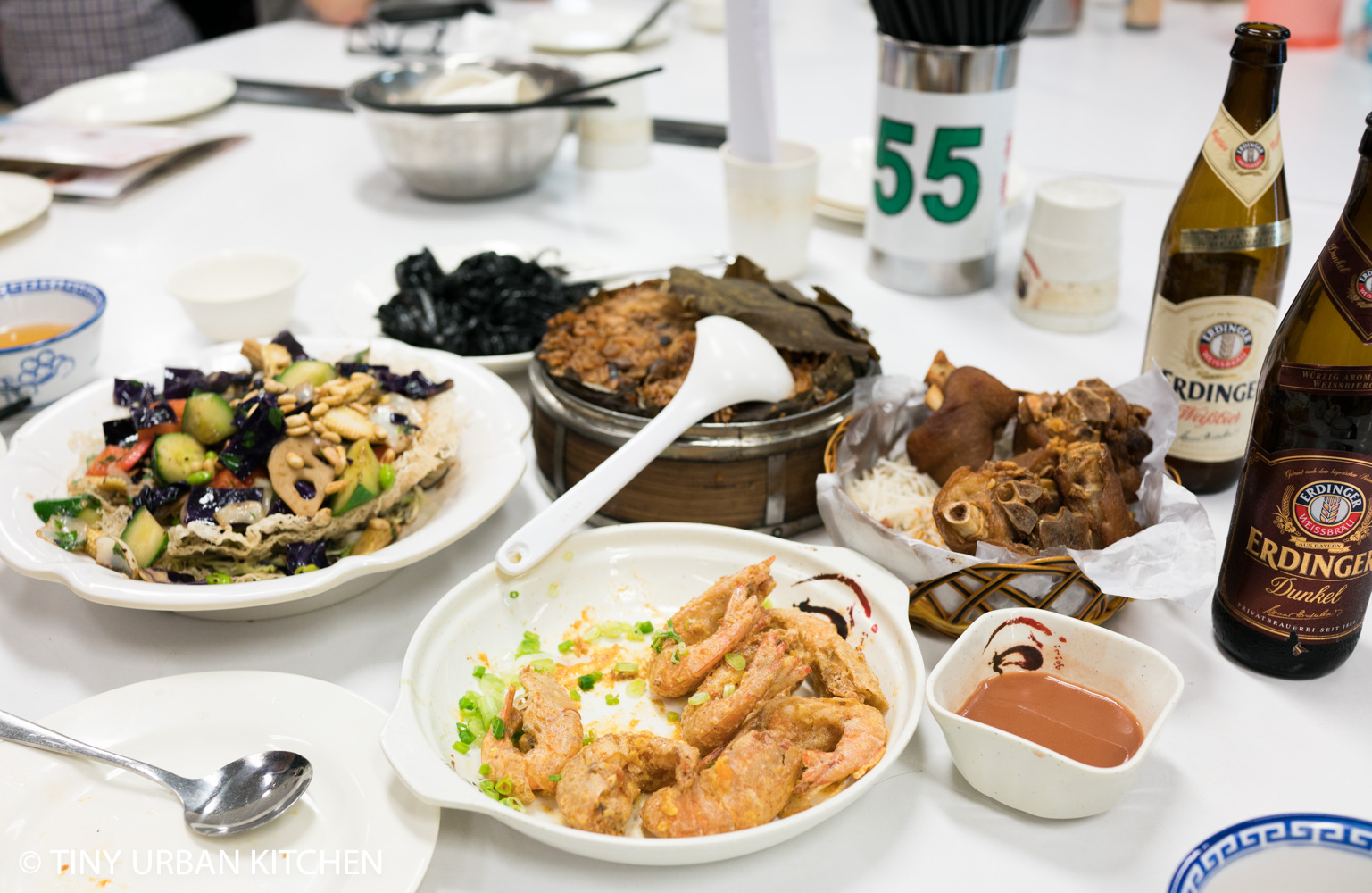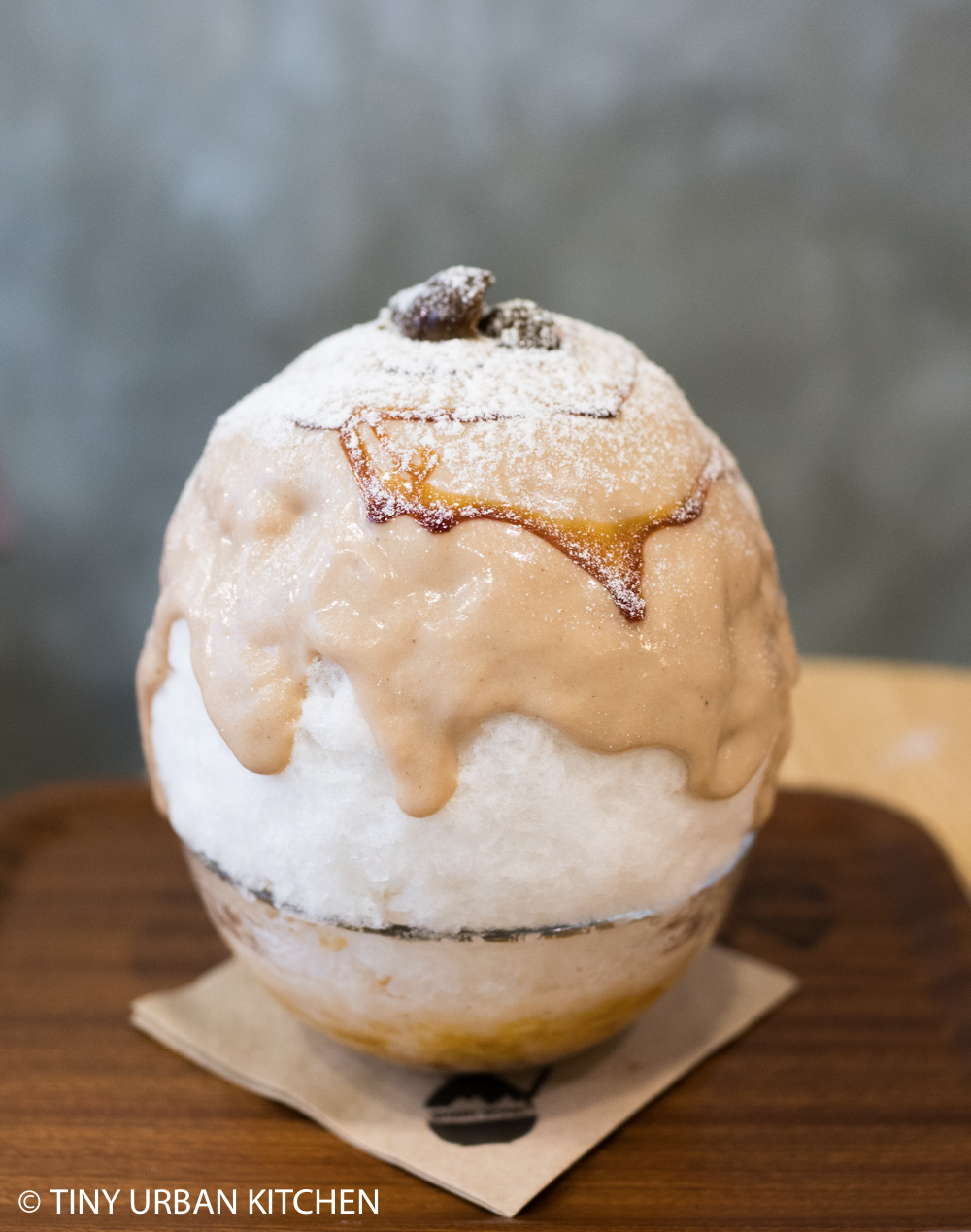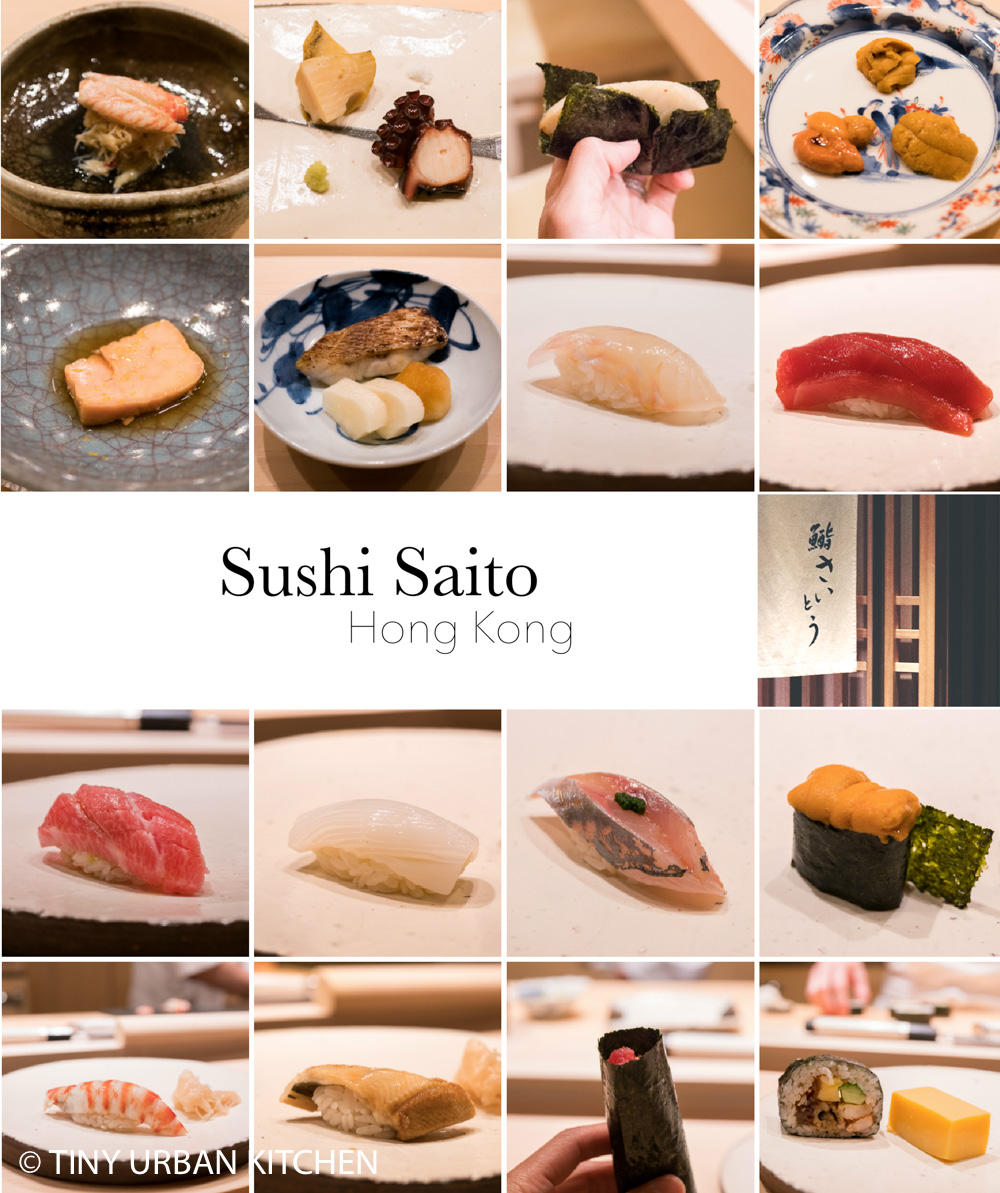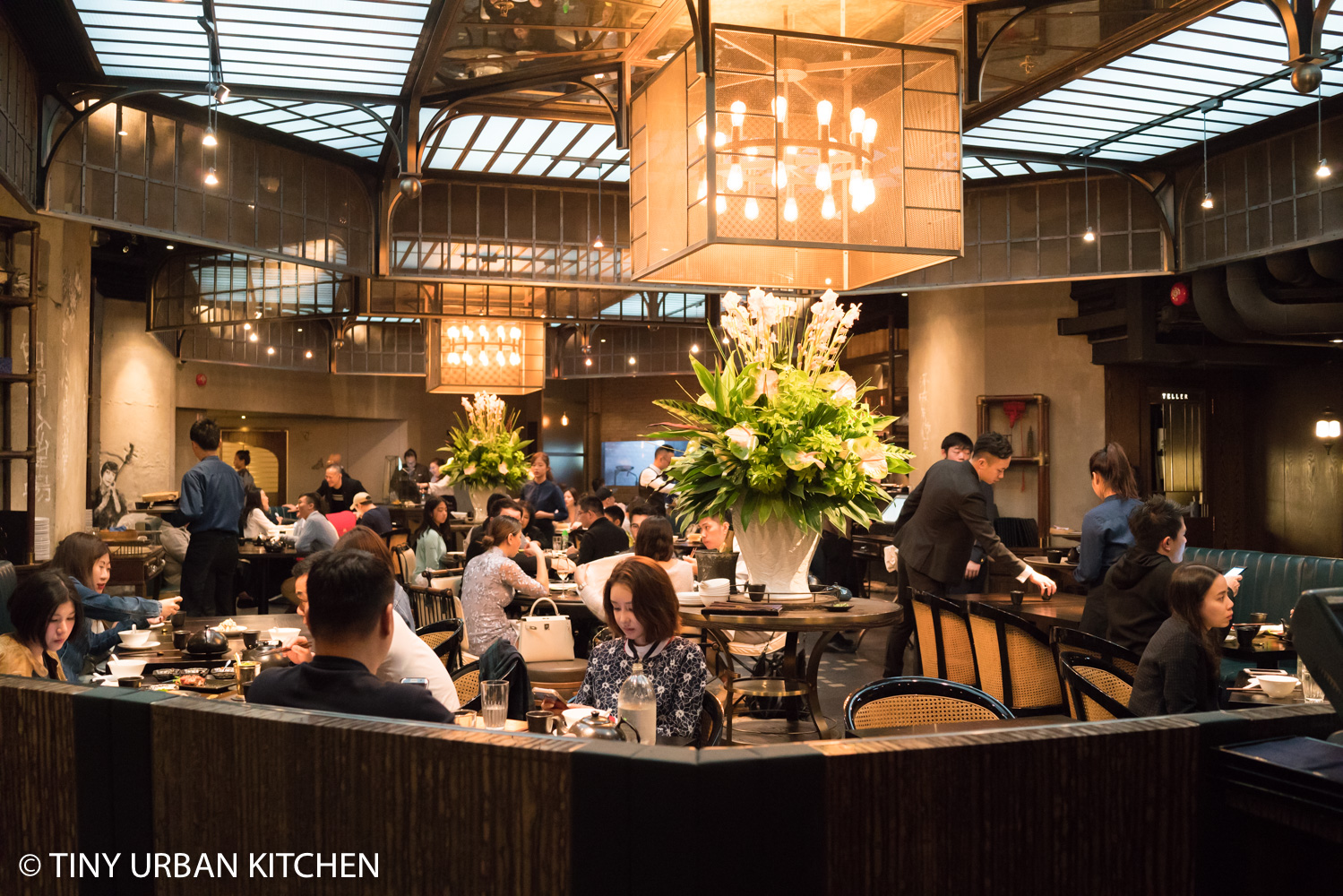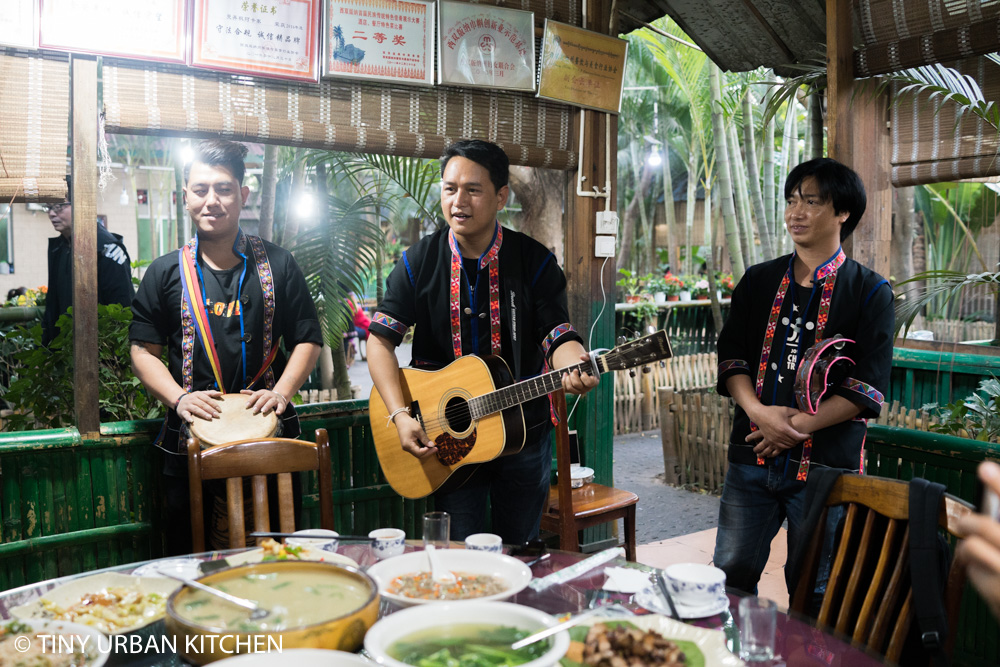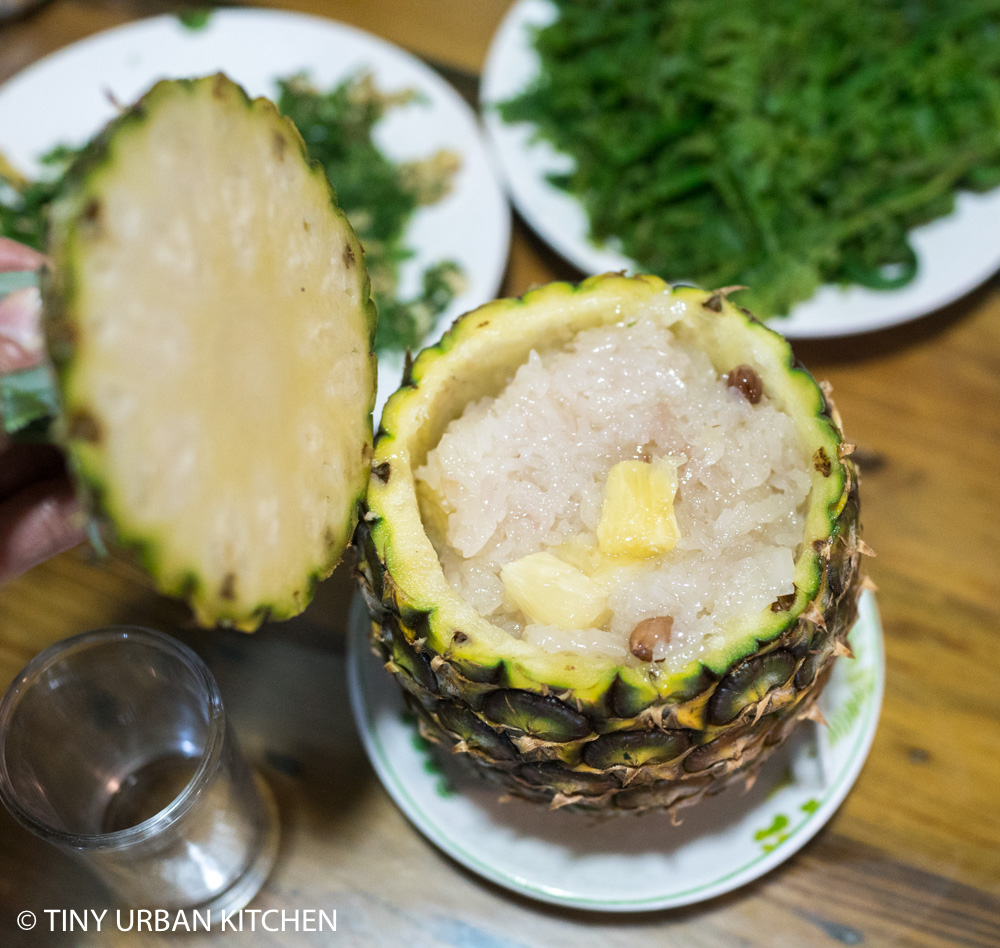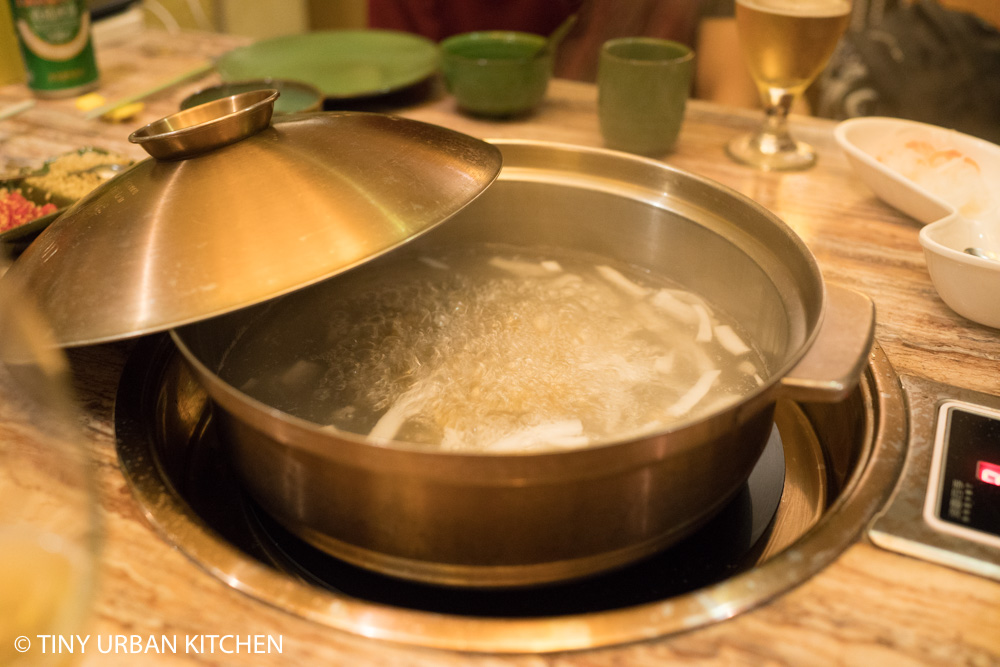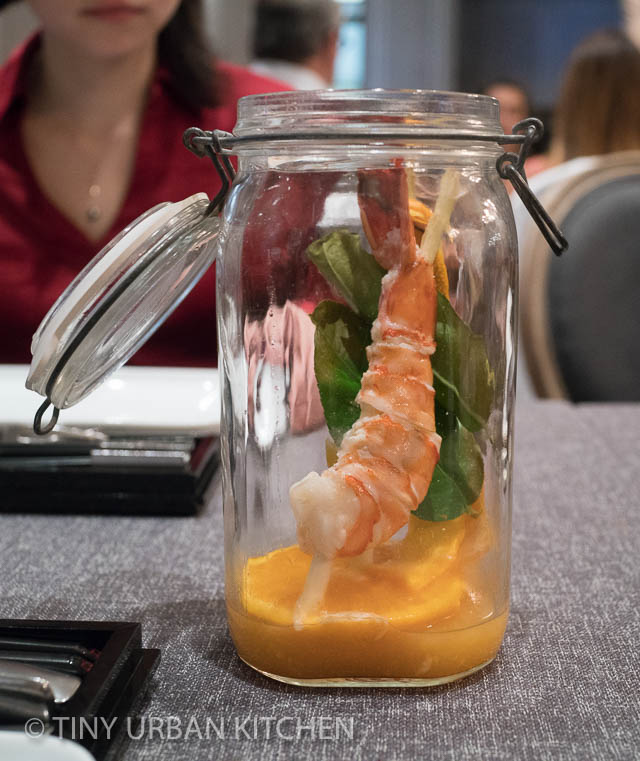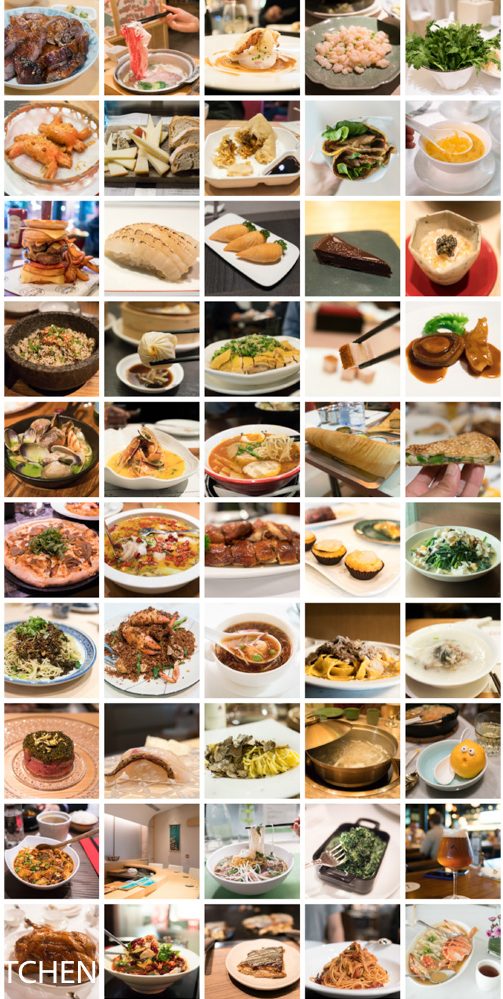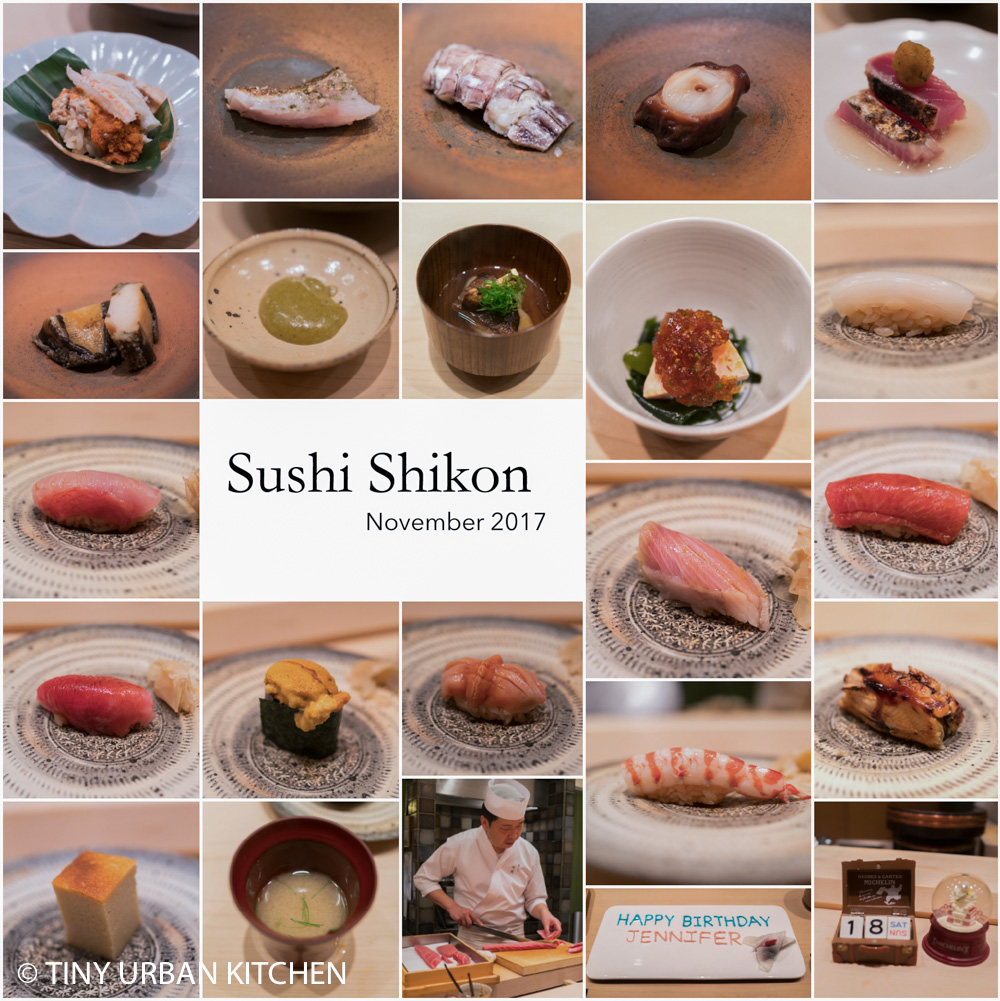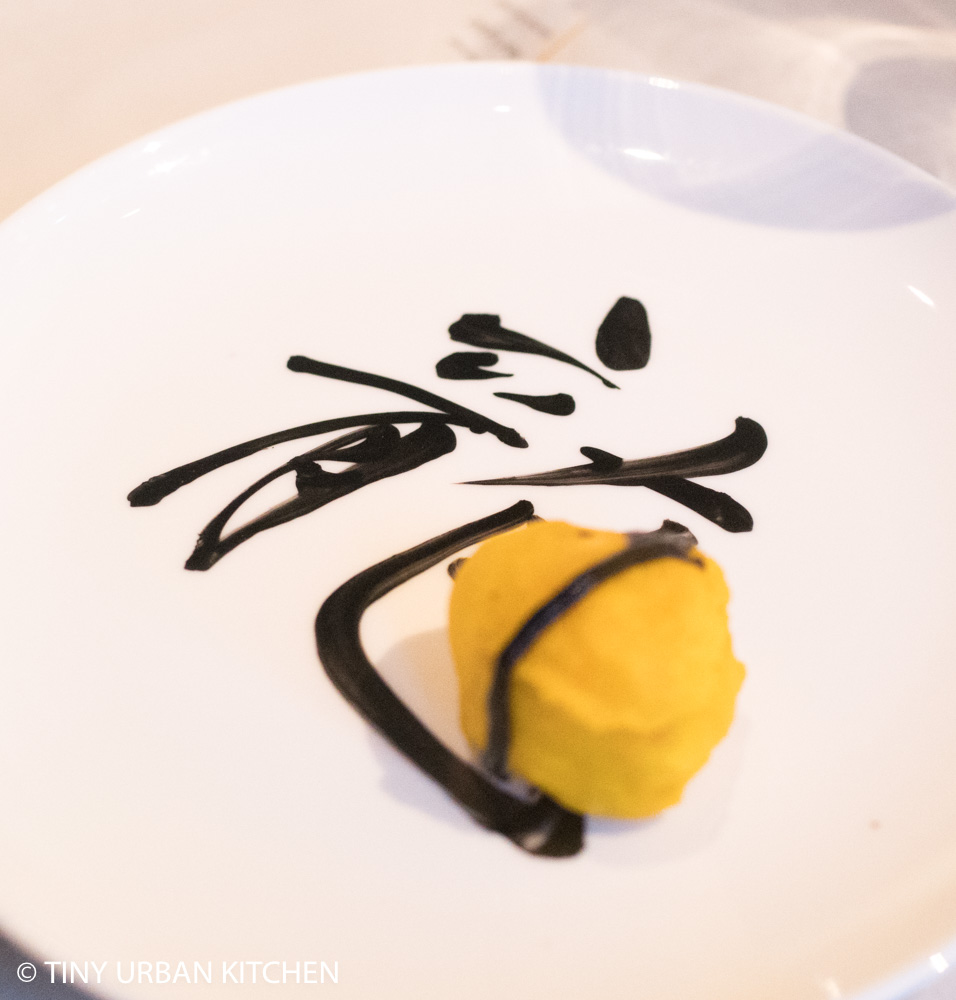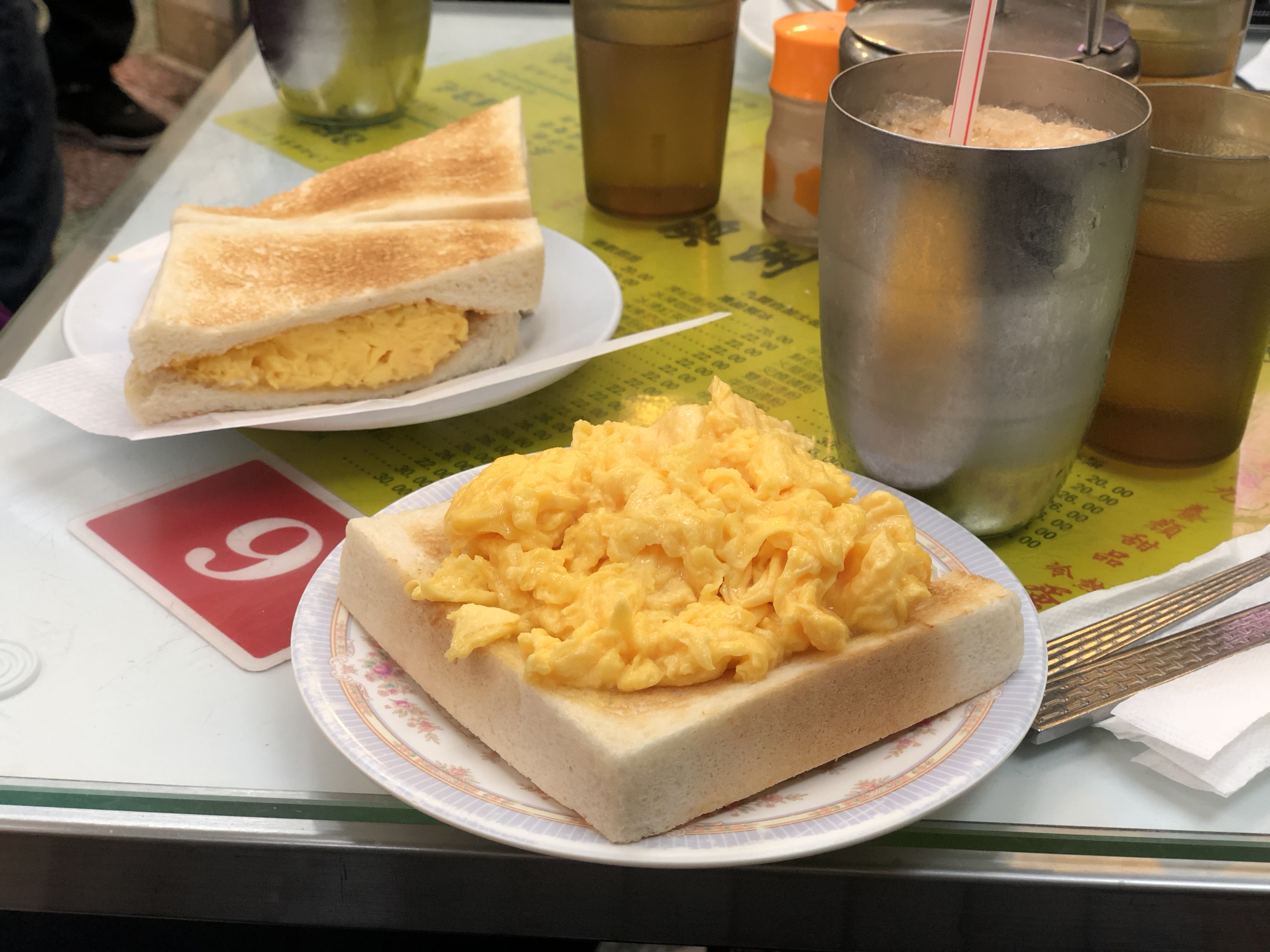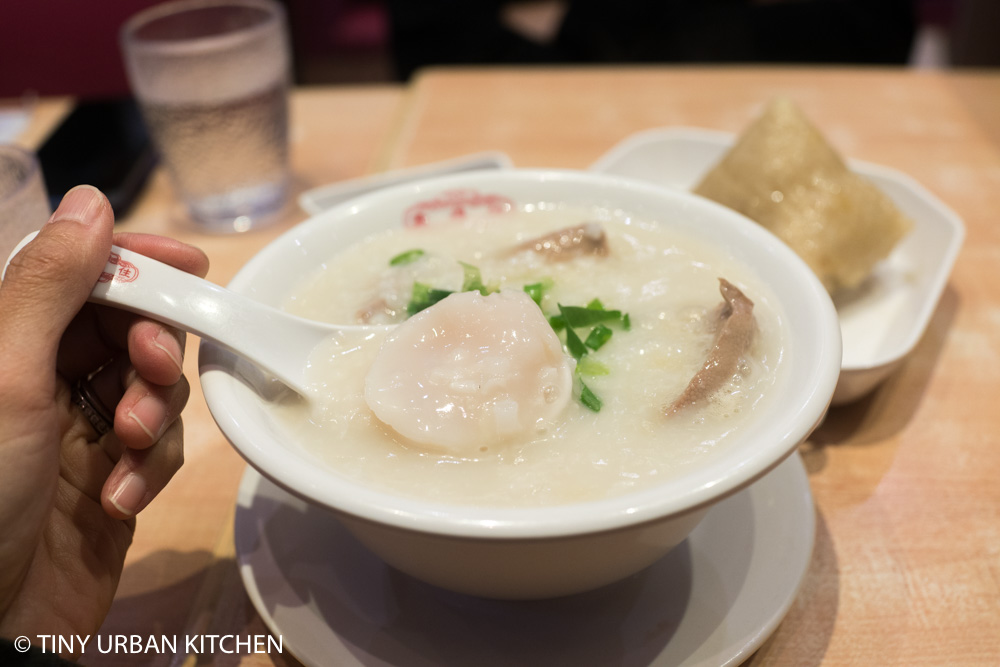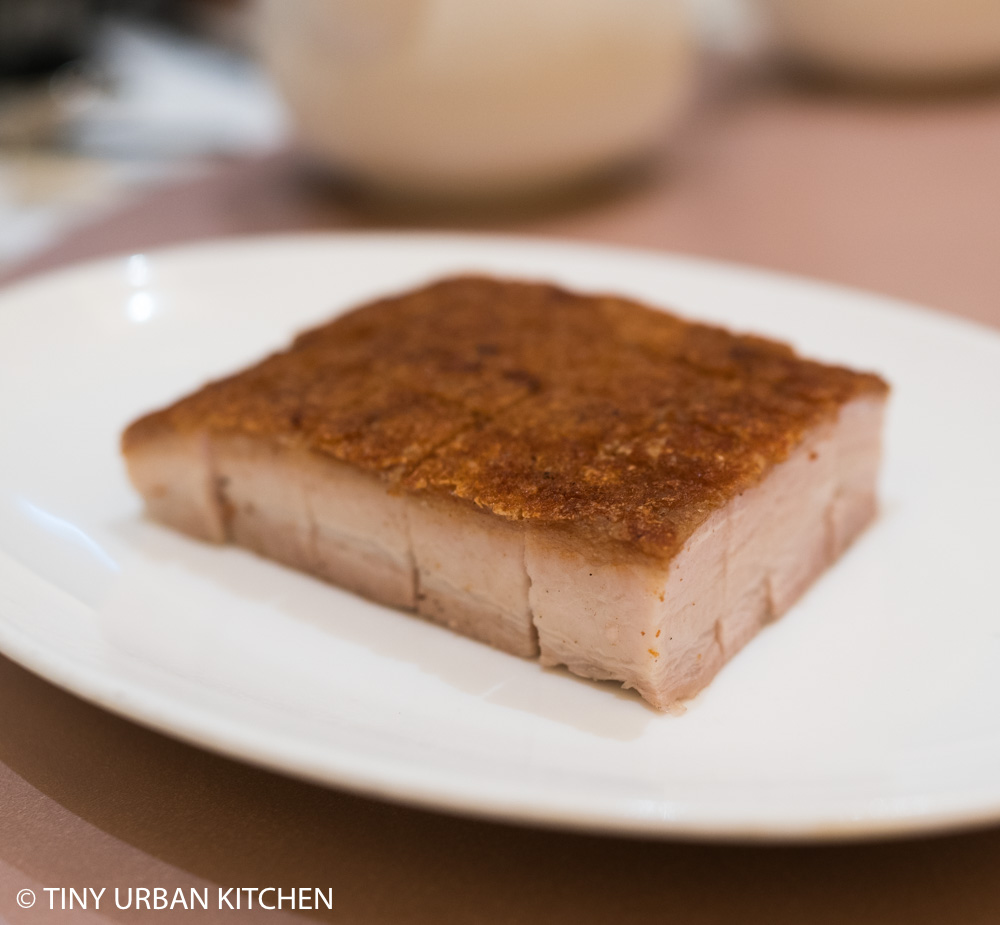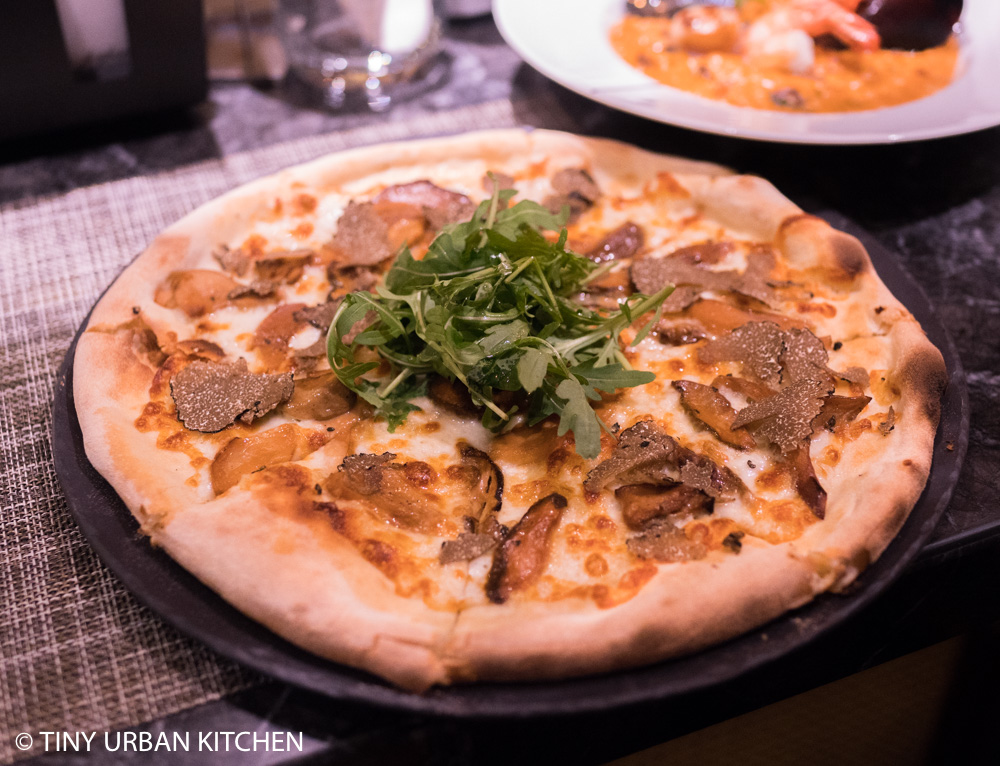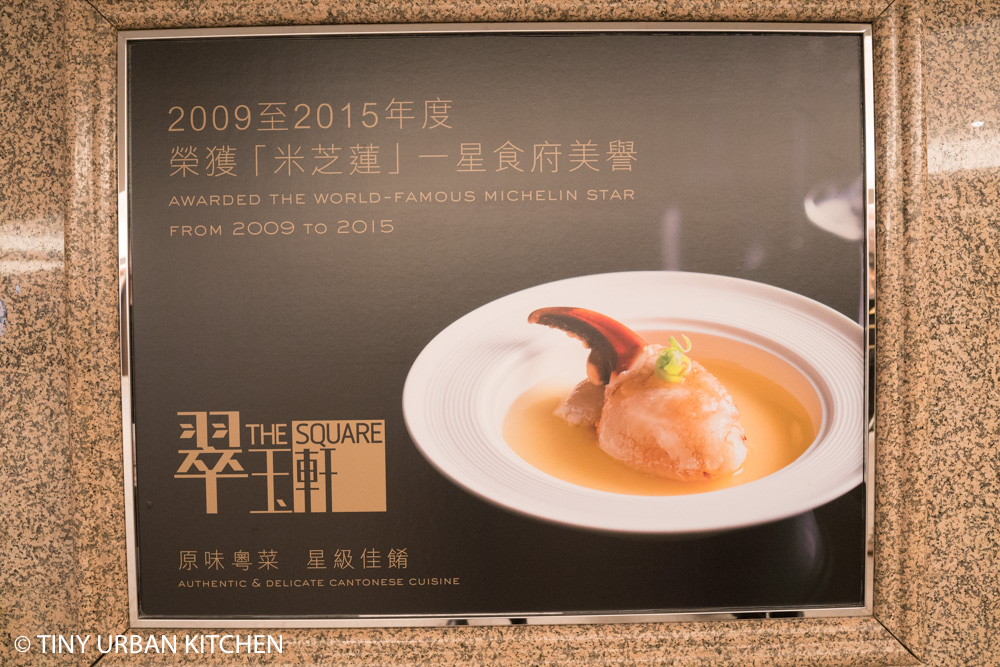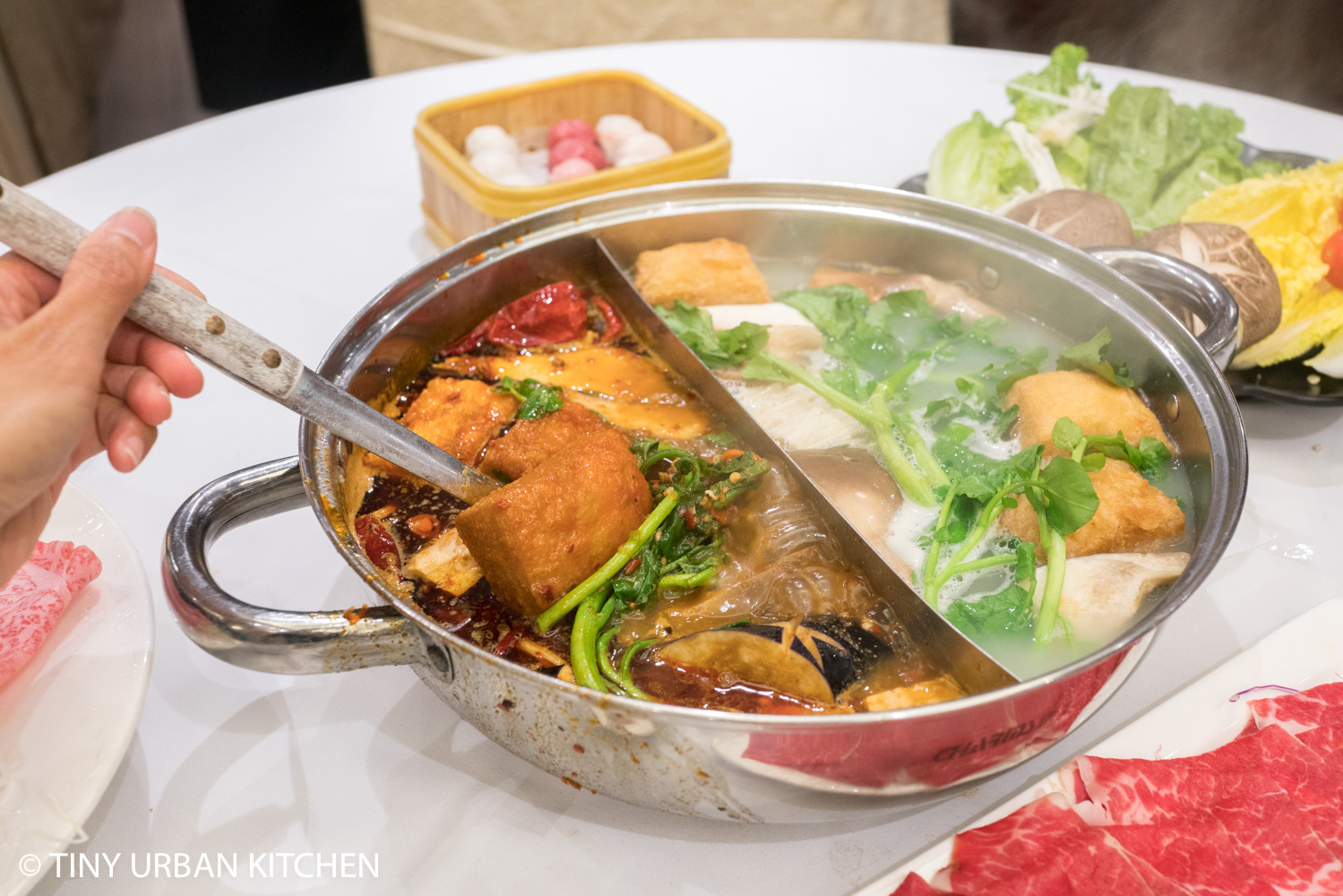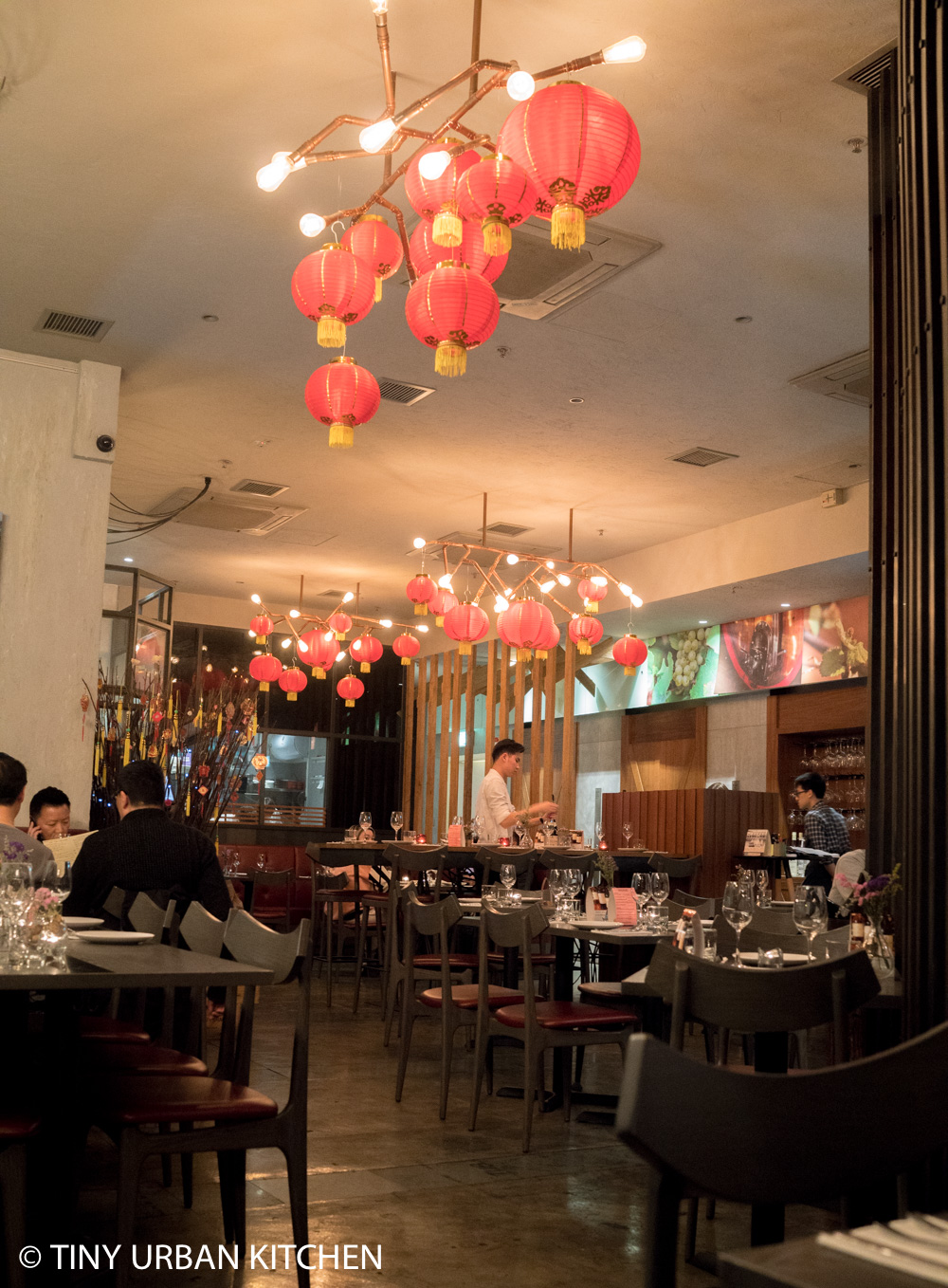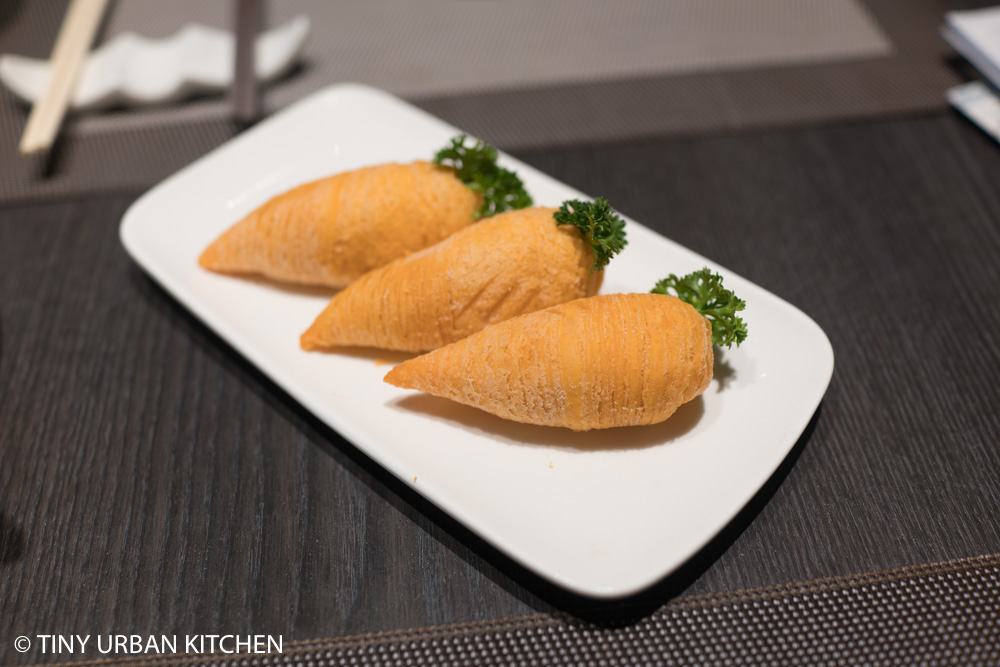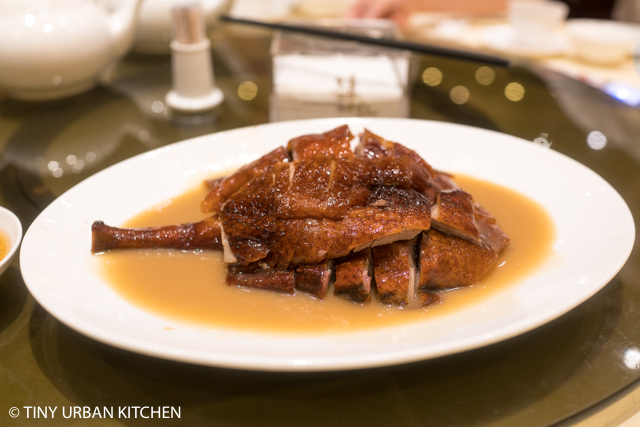Tokyo Shiba Tofuya Ukai - Tofu Kaiseki at the foot of Tokyo Tower
Sushi Ya すし家 with Takao Ishiyama plus new Sushi Ishiyama 鮨 いしやま
Potsura Potsura Tokyo - Bib Gourmande Izakaya ぽつらぽつら
New Japan Series Part 1: Totoro, Fall Foliage, Tofu Kaiseki
Madrona Manor Sonoma
Saddles Steak House Sonoma
El Molino Central Sonoma
The Sunflower Caffe Sonoma
The Donum Estate Sonoma Winery
La Salette Sonoma - Modern Portuguese Cuisine
Harvest Moon Sonoma
Day Trip from Xiamen to Hui'An County in Quanzhou China
Visiting the Che Family's Home in Xiamen + an Authentic Home Cooked Feast!
Xiamen Street Food - From Oyster Pancakes to Worm Jellies!
A Weekend Trip to Xiamen China
Blue Butcher & Meat Specialist Hong Kong
The Pawn Wan Chai Hong Kong - brunch
Tung Po Dai Pai Dong Hong Kong 東寶小館
Shari Shari Kakigori Hong Kong
Sushi Saito Hong Kong - Dinner Omakase
Mott32 Dim Sum Hong Kong
Yunnan China - Exploring food from the Akha Minority Group - Akha Food (Akazhai)
Yunnan China - Exploring food from the Dai Minority Group [Dai Cuisine]
Exploring Yunnan China! - Jinghong in Xishuangbanna
Seasons Coconut Chicken Hot Pot 润园四季椰子鸡 - Shenzhen China
Mr. & Mrs. Bund Shanghai
50 Posts in 50 Days Postlude
Sushi Shikon Hong Kong - 3 Michelin Stars
Bo Innovation Hong Kong - 3 Michelin Stars
Australia Dairy Company - Traditional HK style breakfast
Trusty Congee King Wan Chai
The Butcher's Club Burger Hong Kong
Seventh Son Wan Chai
Paper Moon Hong Kong - Italian food and pizza in Harbour City
The Square Hong Kong
Megan's Kitchen Hong Kong
Le Bistro Winebeast Wan Chai
Crystal Jade Jiang Nan
Yung Kee Restaurant (Yung Kee Roast Goose)
- « Previous Page
- 1
- …
- 9
- 10
- 11
- 12
- 13
- …
- 49
- Next Page »


